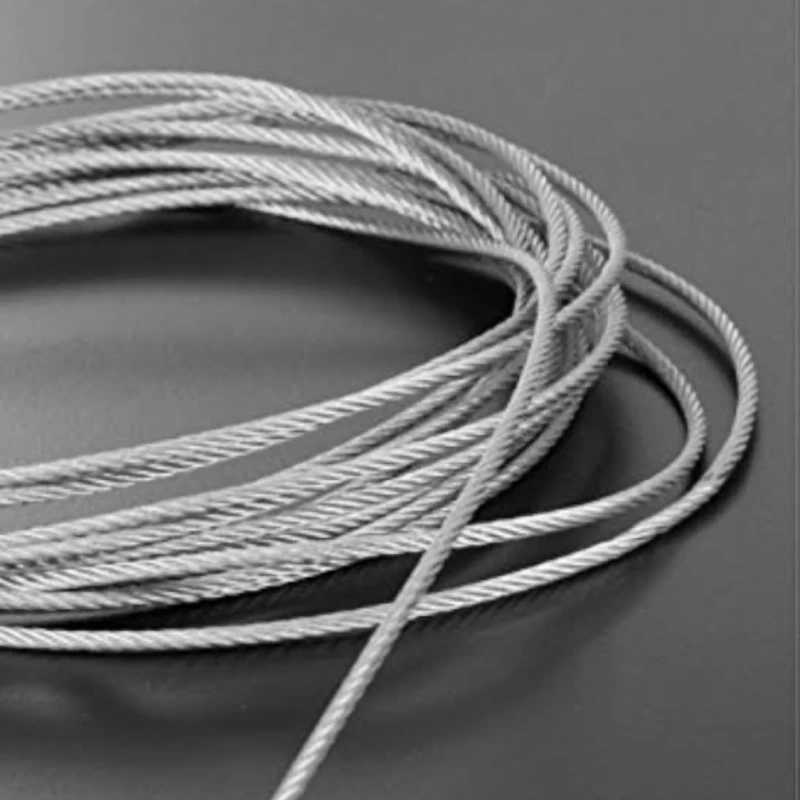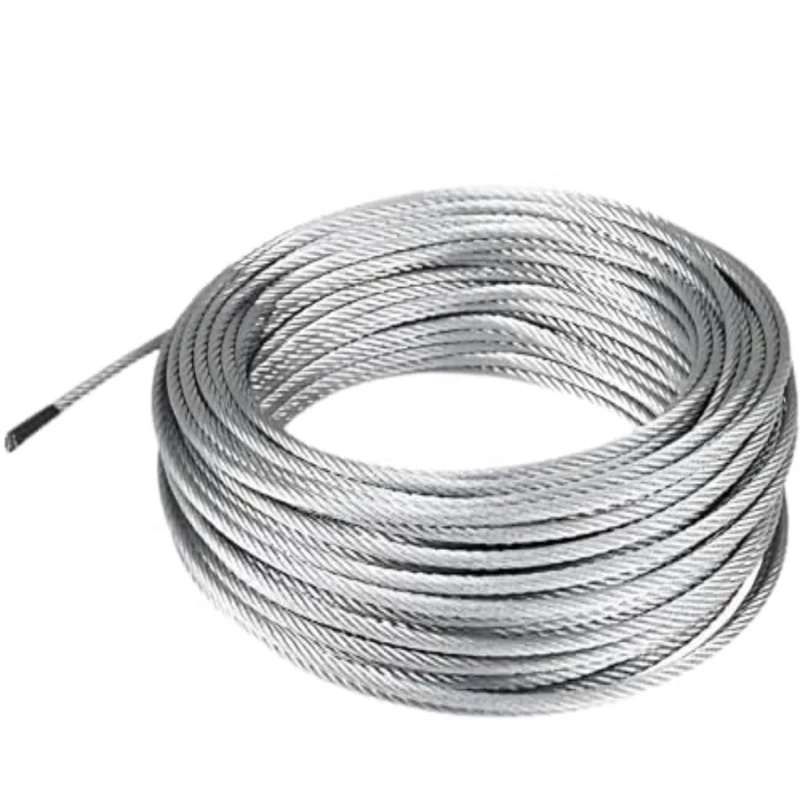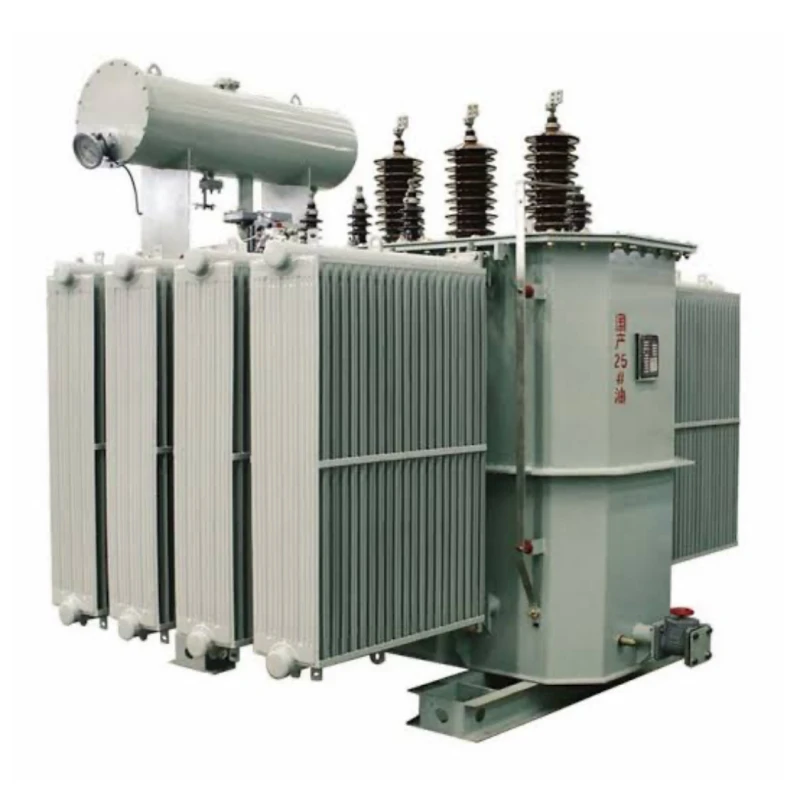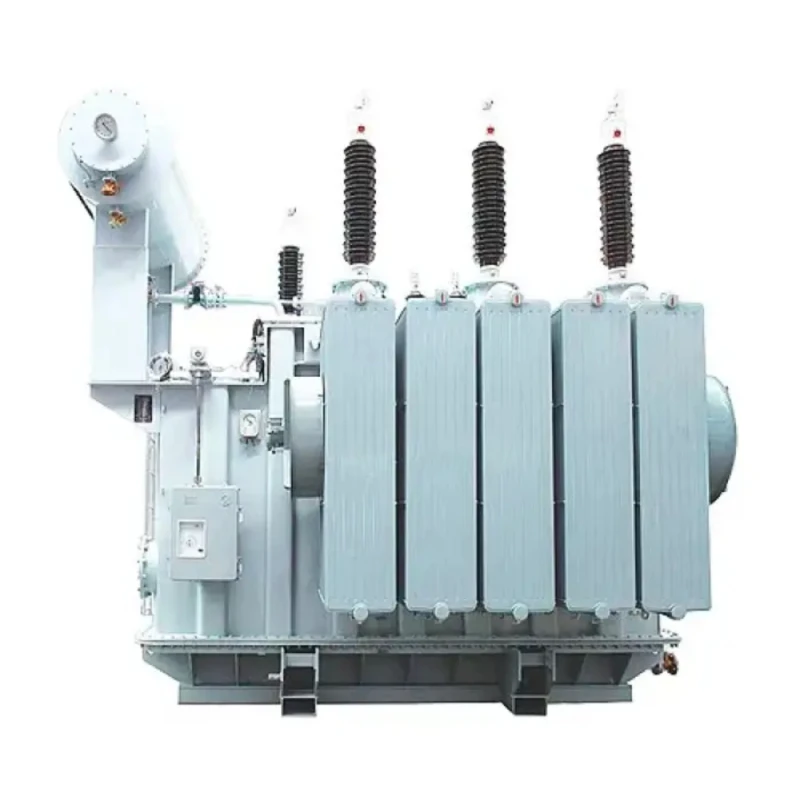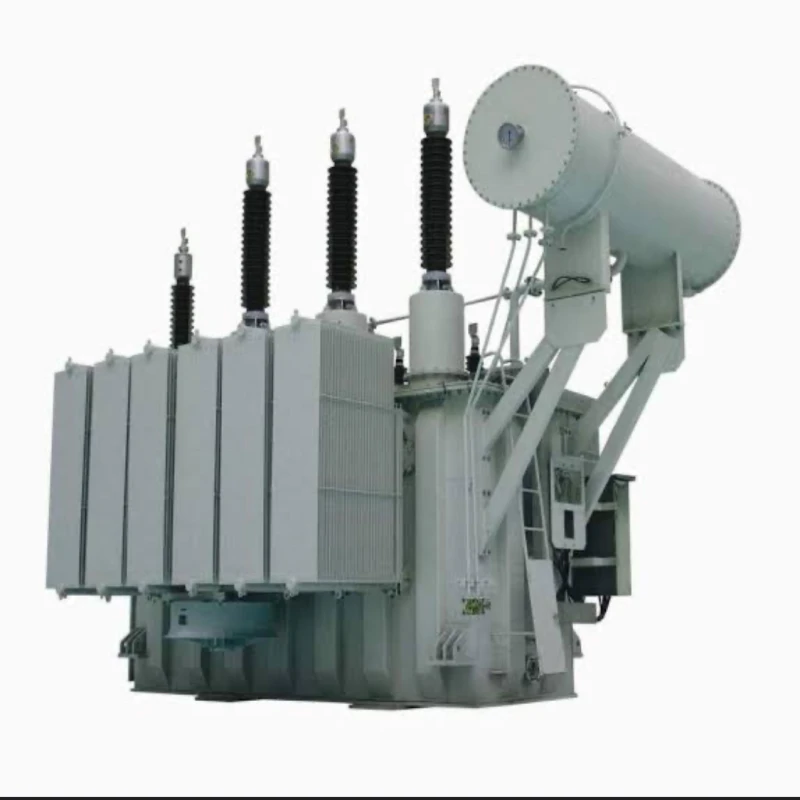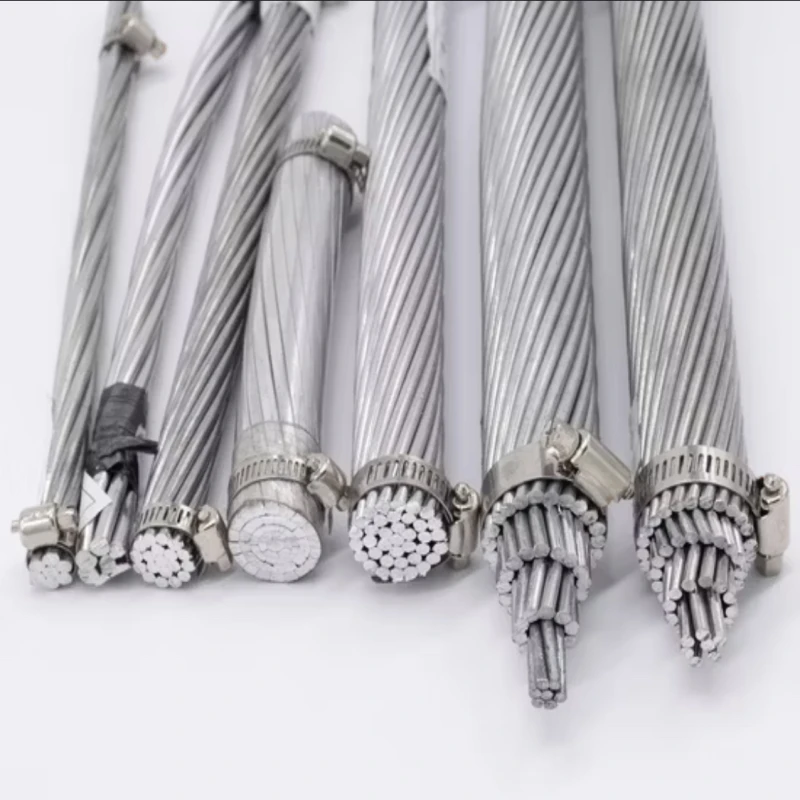-
Steel wire can withstand significant pulling or stretching forces, making it suitable for load-bearing applications.
-
It can be bent, shaped, and formed into various configurations, which enhances its usability.
-
Steel wire is resistant to wear and tear, contributing to its longevity in different environments.
-
Depending on the type of steel used, it can be treated to resist rust and corrosion.
-
Steel wire is used in reinforced concrete, wire mesh, and as a component in suspension bridges and other structures.
-
It's used in springs, fasteners (bolts, screws, rivets), and various types of machinery.
-
Steel wire is used in electrical wiring and power transmission lines due to its conductivity and strength.
-
It is also used in musical instruments, scientific instruments, and even barbed wire for fencing.
- Bright basic wire: A general-purpose wire, often used in construction and manufacturing.
- Cold heading wire: Used for making fasteners like bolts and screws.
- Galvanized steel wire: Coated with zinc for enhanced corrosion resistance.
- Stainless steel wire: Offers high corrosion resistance and is used in various applications, including food processing and marine environments.

 APPLIANCES
APPLIANCES ELECTRIC AND POWER
ELECTRIC AND POWER ELECTRONICS
ELECTRONICS FOOD
FOOD GADGETS
GADGETS KITCHEN
KITCHEN SOLAR SOLUTIONS
SOLAR SOLUTIONS